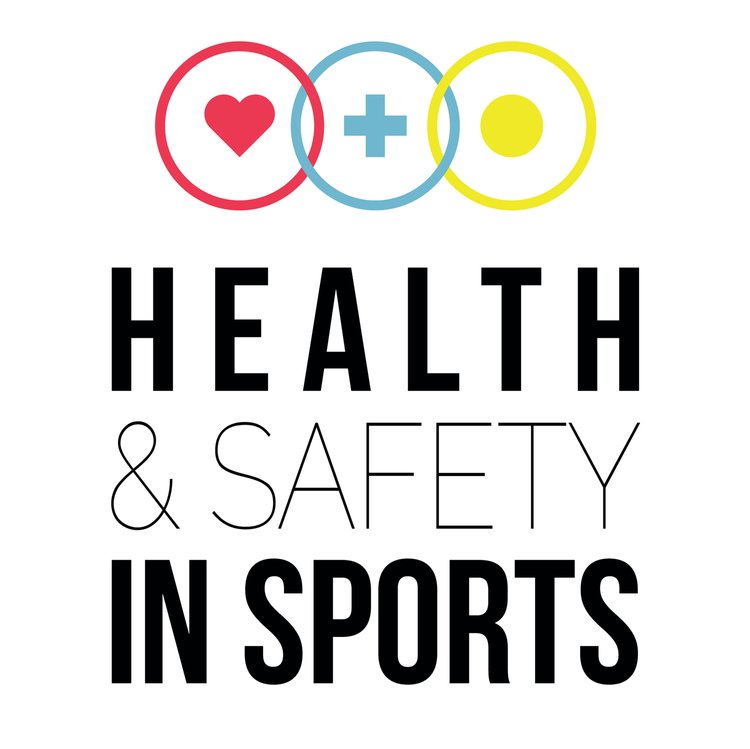We are riding a streak of rugby related manuscripts this week. This one just appeared at BMJ Open today. Rugby-related spinal cord injuries (SCIs) are rare but life altering and traumatic events. Little is known about the long-term consequences and outcomes of players who have sustained these injuries. This descriptive cross-sectional study investigated current quality of life (QoL) and factors associated with QoL, among individuals with rugby-related SCI in South Africa.
Read MoreHealthy Sports
Seasonal time-loss match injury rates and burden in under-16 rugby teams
Fresh from the press, out of our collaboration with the University of Capetown. Youth rugby union is a popular sport with a high injury incidence density (IID) and burden. This high risk has called for further research into the factors affecting the injuries in youth rugby. The aim of the study was to analyse time-loss IID and burden in multiple schoolboy rugby teams over a season and the potential factors associated with injury.
Read MoreContext Matters - Revisiting the First Step of the ‘Sequence of Prevention’ of Sports Injuries

We are proud of this one .. just popped up online today. It is possible to prevent sports injuries. Unfortunately, the demonstrated efficacy and effectiveness of injury prevention approaches are not translated into lasting real-world effects. Contemporary views in sports medicine and injury prevention suggest that sports injuries are ‘complex’ phenomena. If the problem we aim to prevent is complex, then the first step in the ‘sequence of prevention’ that defines the ‘injury problem’ already needs to have considered this. The purpose of this paper was to revisit the first step of the ‘sequence of prevention’, and to explore new perspectives that acknowledge the complexity of the sports injury problem.
Read MoreThe systematic development of a tennis injury prevention programme - a great example of our Knowledge Transfer Scheme in practice

Exercise-based injury prevention strategies in sports have been frequently evaluated. The majority of trials have been conducted in team sports, such as basketball, volleyball, football (soccer) and tackle collision ball sports (eg, rugby union). For individual sports, the literature is limited to running athletes. Given the global individual sports participation exceeds team participation, the lack of evidence-based prevention intervention is a call for action. Previously, intervention mapping (IM) was commonly applied for the development of preventive interventions. However, a novel programme, the Knowledge Transfer Scheme (KTS), was recently published. The KTS is a practical five-step tool for developing intervention strategies in sports. The fundament of the KTS is the direct translation of evidence into practice. Prospected users are involved throughout the KTS process. The KTS can thus lead to a more evidence-based and user-friendly product or programme. Using KTS, in this project an e-health intervention was developed for recreational tennis players in the Netherlands.
Read MoreInteractive apps are not necessarily the better choice for the implementation of injury prevention programs
Implementation of an effective ankle injury prevention program through either an interactive App or a Booklet, showed similar outcomes on the short and the long run. Not only did both methods result in comparable compliance rates during the 8 weeks of the program, both methods also led to comparable ankle sprain recurrence rates and costs after one year of follow-up. Both the App and the Booklet can be used successfully and with the same cost efficiency. Apps are, as such, not necessarily always better.
Read More
